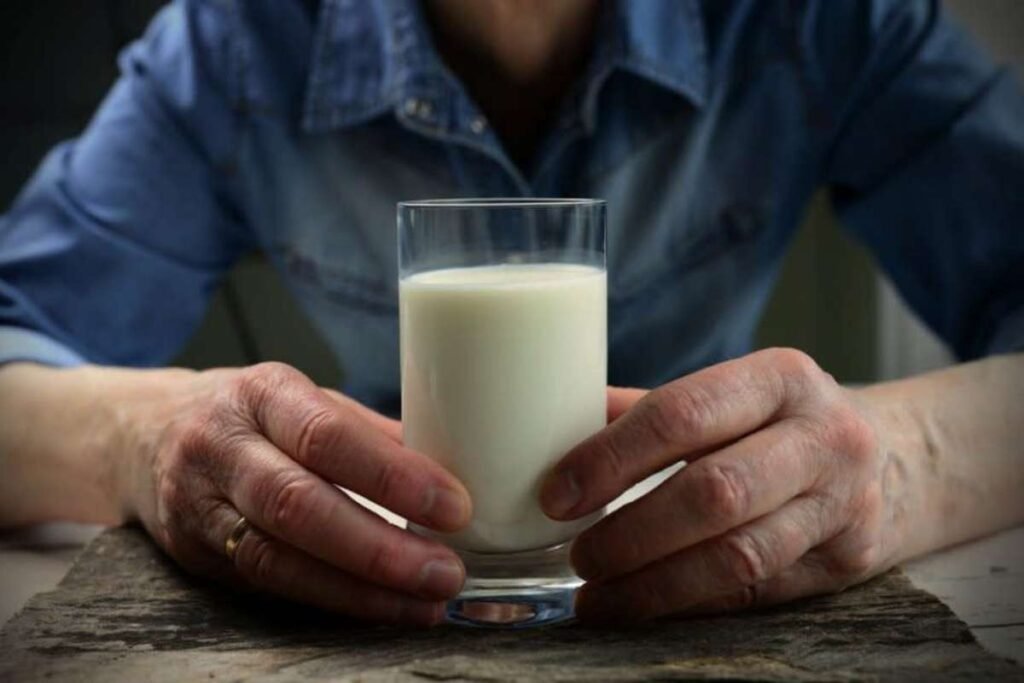California health officials have warned against consuming raw milk from Fresno-based Raw Farm following the detection of the bird flu virus in another batch of its products. Further testing of Raw Farm’s of California Raw Milk is currently underway as the state investigates the link between the virus and its spread in dairy cows, poultry, and sporadic human cases.
The California Department of Public Health urged consumers to avoid consuming the affected raw milk and to return any remaining products to their place of purchase. The company voluntarily recalled milk with lot code number 20241119 and a best-before date of December 7, 2024, following the state’s request. Earlier this week, the company also recalled quart and half-gallon sizes of raw milk with lot ID 20241109 and a best-by date of November 27.
As of now, there have been no reported cases of human bird flu linked to the recalled raw milk.
Virus Detection and Ongoing Testing in California Raw Milk
The Santa Clara County Public Health Laboratory identified the bird flu virus in raw milk samples collected from retail stores. This discovery came just a week after the virus was found in another batch of the company’s raw milk.
Unlike pasteurized milk, which undergoes a heating process to kill harmful bacteria, raw milk remains untreated and can carry disease-causing pathogens such as listeria, salmonella, campylobacter, and E. coli. Health officials have long cautioned against the consumption of raw milk due to the risks of severe illnesses, including miscarriages, kidney failure, and even death.
According to the California Department of Food and Agriculture (CDFA), additional samples of bulk tank milk and bottled products from Raw Farm were collected for further testing after the detection of the virus in two batches. The results of these additional tests are still pending.
The Rising Interest in Raw Milk
Despite repeated warnings from public health authorities, raw milk has seen a resurgence in popularity in recent years, with some advocates claiming health benefits. However, the U.S. Food and Drug Administration has maintained that there is no scientific evidence supporting such claims, and the interstate sale of raw milk remains prohibited.
Earlier this year, the FDA urged states to strengthen their warnings about the dangers of raw milk, particularly in areas where dairy herds tested positive for H5N1. The ongoing spread of bird flu among poultry, wild birds, and cattle in the United States has heightened concerns, with scientists worried about the potential for the virus to mutate and spread more easily among humans.
Concerns Over Bird Flu Spread
Bird flu has continued to impact various sectors, with 55 human cases reported in the United States in 2024, including 29 beacuse of drining California Raw Milk . Most cases have been linked to farm workers exposed to infected animals. Last week, the first U.S. case of bird flu in a child was identified in California, with investigations ongoing into how the exposure occurred.
The Centers for Disease Control and Prevention (CDC) has warned that symptoms of bird flu in humans can resemble typical flu-like symptoms, including sore throat, cough, fever, fatigue, and body aches, as well as gastrointestinal issues like diarrhea and vomiting. Anyone who has consumed raw milk and experiences these symptoms is advised to contact their healthcare provider or local health department immediately.
Call for Mandatory Testing
Health experts are calling for increased measures to contain the spread of bird flu. Dr. David Kessler, a former FDA commissioner, recently emphasized the need for bulk testing of milk in states with dairy farms. He warned that without mandatory testing, the virus would continue to circulate, increasing the risk of mutation and potential human-to-human transmission.
As the investigation continues of , California Raw Milk health officials are urging consumers to stay vigilant and prioritize safety by avoiding raw milk products, particularly from affected batches. This latest recall underscores the importance of strict monitoring and preventive measures to curb the spread of bird flu and protect public health.









